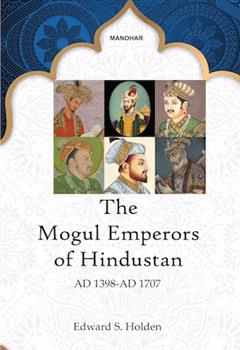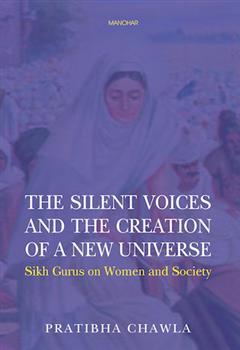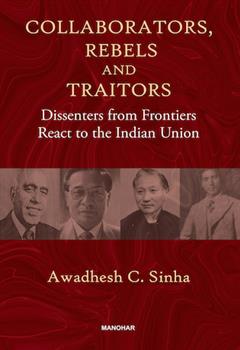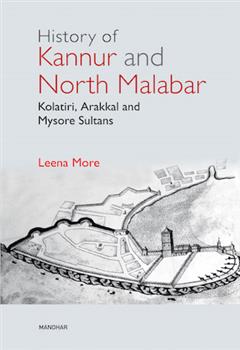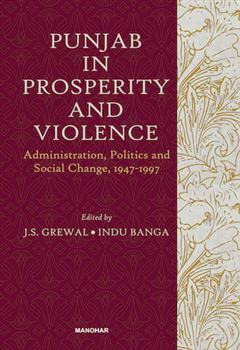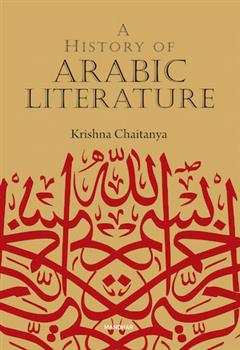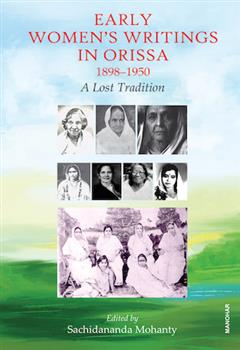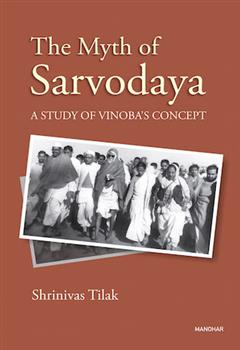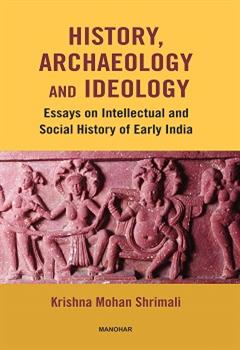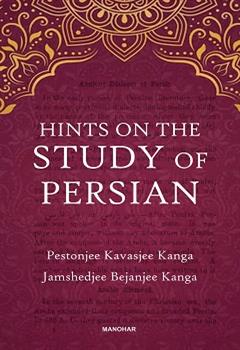History
Featured Products
The Mogul Emperors of Hindustan: AD 1398-AD 1707
₹1,291.95
M.R.P.:₹ 1,595.00
You Save: ₹303.05 (19.00% OFF)
The Silent Voices and the Creation of a New Universe: Sikh Gurus on Women and Society
₹1,704.00
M.R.P.:₹ 2,400.00
You Save: ₹696.00 (29.00% OFF)
Collaborators, Rebels and Traitors: Dissenters from Frontiers React to the Indian Union
₹1,418.05
M.R.P.:₹ 1,795.00
You Save: ₹376.95 (21.00% OFF)
History of Kannur and North Malabar: Kolatiri, Arakkal and Mysore Sultans
₹1,225.90
M.R.P.:₹ 1,495.00
You Save: ₹269.10 (18.00% OFF)
Punjab in Prosperity and Violence: Administration, Politics and Social Change, 1947-1997
₹1,023.05
M.R.P.:₹ 1,295.00
You Save: ₹271.95 (21.00% OFF)
Early Women's Writings in Orissa 1898-1950: A Lost Tradition
₹786.05
M.R.P.:₹ 995.00
You Save: ₹208.95 (21.00% OFF)
The Myth of Sarvodaya: A Study of Vinoba's Concept
₹786.05
M.R.P.:₹ 995.00
You Save: ₹208.95 (21.00% OFF)
History, Archaeology and Ideology: Essays on Intellectual and Social History of Early India
₹2,366.05
M.R.P.:₹ 2,995.00
You Save: ₹628.95 (21.00% OFF)
Hints on the Study of Persian (for Standards V., VI. and VII. of High Schools)
₹1,145.50
M.R.P.:₹ 1,450.00
You Save: ₹304.50 (21.00% OFF)


